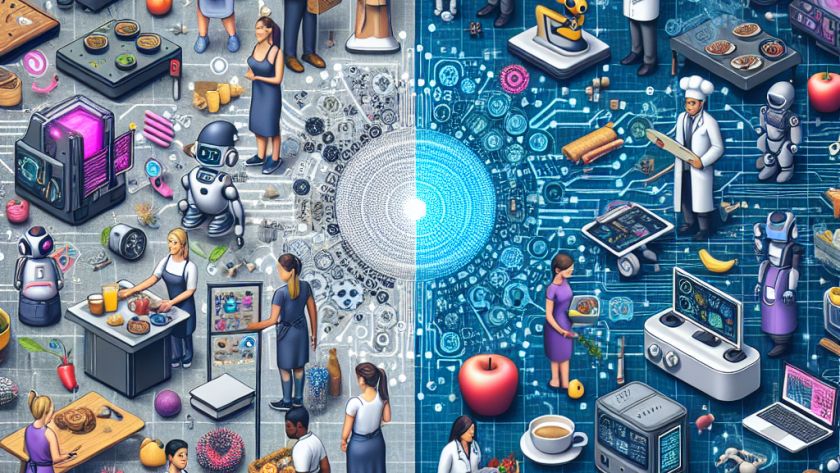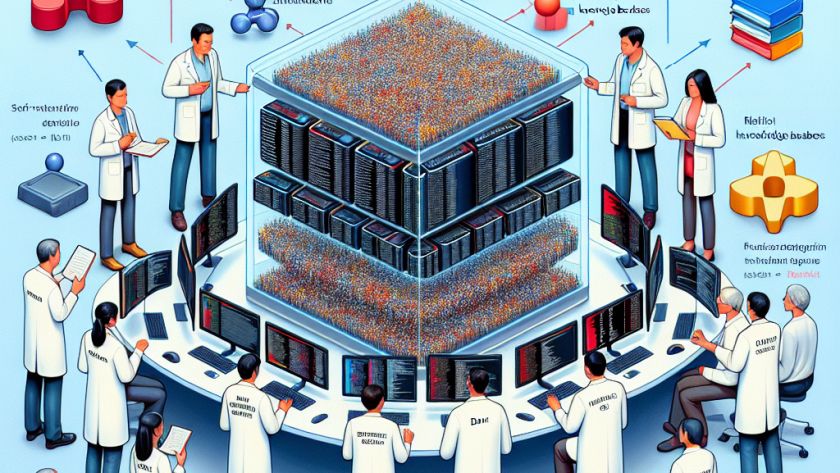The latest advancements in econometric modeling and hypothesis testing have signified a vital shift towards the incorporation of machine learning technologies. Even though progress has been made in estimating econometric models of human behaviour, there is still much research to be undertaken to enhance the efficiency in generating these models and their rigorous examination.
Academics from…












